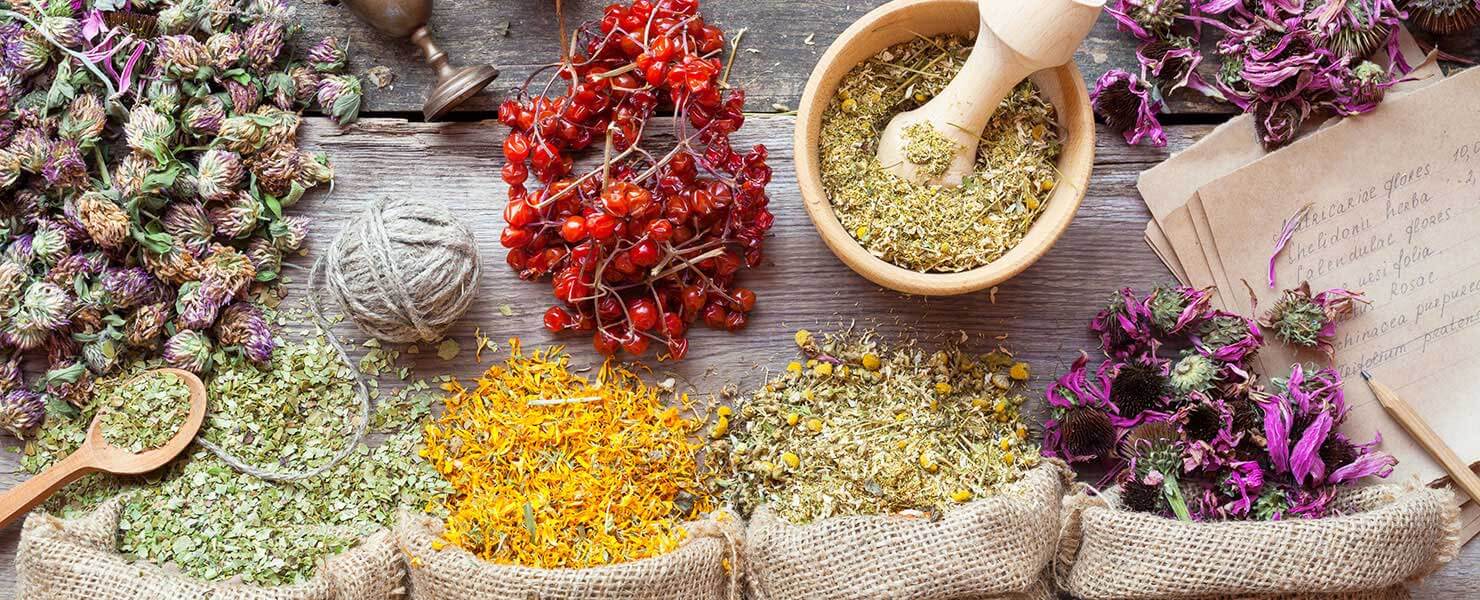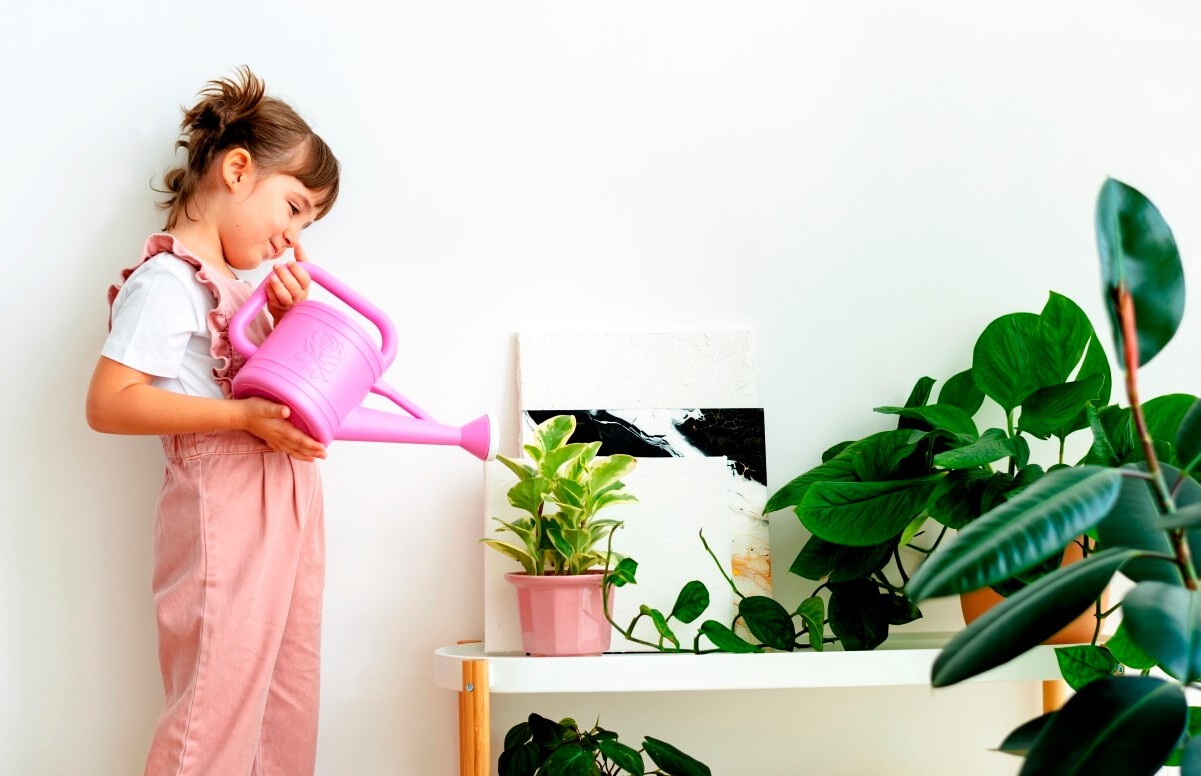
Aromatherapy is an ancient practice that has gained popularity in recent years for its numerous health and well-being benefits. This alternative therapy utilizes the powerful scents and essences of essential oils to promote relaxation, reduce stress, improve mood, and enhance overall wellness.
In this article, we will explore 10 enigmatic facts about aromatherapy that will leave you intrigued and eager to incorporate this practice into your daily life. From the fascinating history of aromatherapy to its remarkable effects on physical and mental health, we will delve into the intriguing world of essential oils and their therapeutic properties.
Whether you’re a seasoned aromatherapy enthusiast or new to the concept, prepare to be amazed by the transformative powers of these enchanting scents. Let’s embark on this aromatic journey and uncover the secrets of aromatherapy together!
Key Takeaways:
- Aromatherapy uses essential oils from plants to promote relaxation, reduce stress, and improve sleep quality. It has been around for centuries and can be used as a complementary therapy alongside traditional medical treatments.
- Different essential oils have unique therapeutic properties, such as reducing headaches, uplifting mood, and fighting microbes. They can be inhaled, applied topically, or used in diffusers to disperse their aroma into the air.
Aromatherapy is the use of essential oils.
Aromatherapy, a popular alternative therapy, involves using essential oils to promote healing and relaxation.
Essential oils are derived from various plants.
These oils are extracted from different parts of plants such as flowers, leaves, stems, and roots, and each oil carries its own unique scent and therapeutic properties.
Aromatherapy has been around for centuries.
Aromatherapy has roots in ancient civilizations, including ancient Egypt and China, where essential oils were used for medicinal and spiritual purposes.
Essential oils can be used in various ways.
They can be inhaled, applied topically, or used in diffusers to disperse their aroma into the air, allowing their therapeutic benefits to be experienced.
Aromatherapy can help reduce stress and anxiety.
Many essential oils such as lavender, chamomile, and bergamot have calming properties that can help relax the mind and body, helping to alleviate stress and anxiety.
Certain essential oils can improve sleep quality.
Oils like lavender, vetiver, and sandalwood have sedative effects that can promote a deeper and more restful sleep.
Aromatherapy can enhance mood and uplift spirits.
Scents like citrus oils, such as lemon and orange, have invigorating and mood-boosting properties, making them perfect for creating a positive atmosphere.
Essential oils have antimicrobial properties.
Tea tree oil, eucalyptus oil, and peppermint oil are known for their antimicrobial properties, helping to fight against bacteria, viruses, and fungi.
Aromatherapy can be used to relieve headaches and migraines.
Peppermint oil and lavender oil, when applied topically or inhaled, have shown to provide relief from headaches and migraines.
Aromatherapy can be used as a complementary therapy.
Aromatherapy can be used alongside traditional medical treatments to support overall well-being and promote relaxation.
Conclusion
Aromatherapy is a fascinating practice that combines the use of essential oils with therapeutic benefits. Through inhaling or applying these oils, individuals can enjoy numerous physical, mental, and emotional benefits. From promoting relaxation and reducing stress to aiding in sleep and boosting mood, aromatherapy has gained significant popularity in the realm of alternative medicine and holistic wellness.
By understanding the enigmatic facts about aromatherapy, you can delve deeper into this ancient practice and enhance your knowledge of its potential benefits. From its origins in ancient civilizations to its versatile applications in modern-day life, aromatherapy offers a wide array of possibilities for individuals seeking natural and holistic solutions.
Whether you are a beginner or a seasoned enthusiast, embracing aromatherapy can truly transform your daily well-being and promote a healthier, more balanced lifestyle.
FAQs
Q: What is aromatherapy?
A: Aromatherapy is a holistic practice that utilizes essential oils derived from plants to promote physical, emotional, and mental well-being.
Q: How does aromatherapy work?
A: Aromatherapy works by inhaling or applying essential oils to stimulate the olfactory system and trigger various responses in the body and mind.
Q: What are the common benefits of aromatherapy?
A: Aromatherapy offers a wide range of benefits, including relaxation, stress reduction, improved sleep, pain relief, and enhanced mood.
Q: Are there any precautions to take when using aromatherapy?
A: It is essential to dilute essential oils properly before applying them topically, perform a patch test, and consult with a qualified aromatherapist or healthcare professional if you have any underlying health conditions or are pregnant.
Q: Can I use aromatherapy alongside other treatments?
A: Aromatherapy can complement other treatments; however, it is advisable to consult with a healthcare professional to ensure its safety and compatibility with your existing treatments.
Q: How can I incorporate aromatherapy into my daily life?
A: You can incorporate aromatherapy by using essential oils in diffusers, adding them to bathwater, creating massage oils, or even spritzing them on pillows or clothing.
Q: Are there any side effects of aromatherapy?
A: When used correctly, aromatherapy is generally safe; however, some individuals may experience skin irritation or allergic reactions. It is essential to use quality oils and follow proper guidelines for usage.
Q: Can I make my own aromatherapy blends?
A: Yes, you can create your own aromatherapy blends by combining different essential oils according to their properties and personal preferences. However, it is crucial to research and follow appropriate recipes and guidelines.
Q: Is aromatherapy suitable for children?
A: Aromatherapy can be used for children, but with caution. It is recommended to consult with a qualified aromatherapist for child-specific guidelines and appropriate oils for various ages.
Q: Where can I find reliable information about aromatherapy?
A: Reliable information about aromatherapy can be found through books, reputable websites, qualified aromatherapists, and trusted healthcare professionals.
Aromatherapy's enigmatic world captivates enthusiasts and newcomers alike. Lavender's soothing properties beckon exploration, while rosemary's invigorating scent sparks curiosity. Choosing the perfect essential oil diffuser unlocks aromatherapy's full potential, transforming any space into a tranquil oasis. Dive deeper into aromatherapy's mysteries and enhance your well-being with our enticing articles.
Was this page helpful?
Our commitment to delivering trustworthy and engaging content is at the heart of what we do. Each fact on our site is contributed by real users like you, bringing a wealth of diverse insights and information. To ensure the highest standards of accuracy and reliability, our dedicated editors meticulously review each submission. This process guarantees that the facts we share are not only fascinating but also credible. Trust in our commitment to quality and authenticity as you explore and learn with us.


